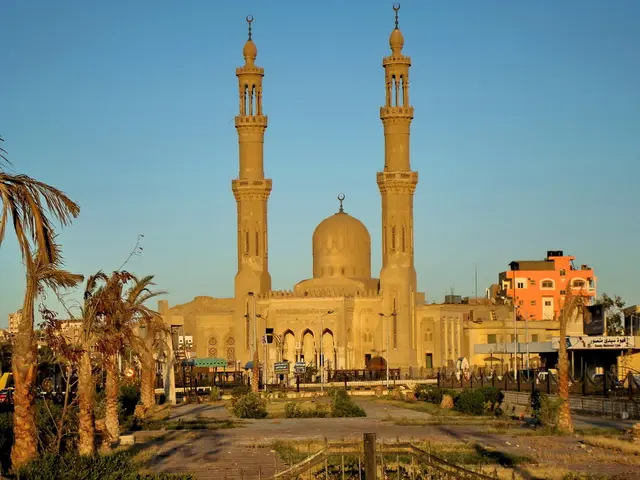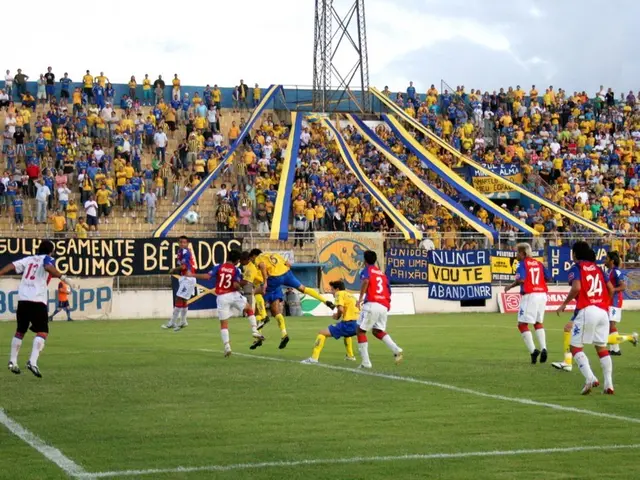Anti-corruption protests intensify, forcing Nepal's Prime Minister to step down
In the heart of South Asia, Nepal has been experiencing a wave of unrest, with protests, resignations, and a social media ban dominating the headlines. The catalyst for the current turmoil can be traced back to the failure of social media platforms to comply with new state regulations, leading to a ban on 26 platforms, including Instagram and Facebook. This move, however, seemed to have only fueled the flames of dissent. The demonstrations, dubbed as the 'Gen Z protests' due to the youthful protesters, have been ongoing, with protesters voicing their discontent over widespread corruption and nepotism in government positions. Narayan Acharya, a protester, stated, 'We are protesting because our youths and friends are getting killed, seeking justice, and the ouster of the current regime.' The protests have been marked by violent clashes with police, notably in Kathmandu, causing at least 19 casualties and injuring about 150 people on Monday. Protesters could be heard chanting, 'Punish the murderers in government! Stop killing children!' in reference to the security forces' brutal response. The parliament building and several residences of senior politicians were set ablaze during the protests. The situation escalated further with the resignation of Prime Minister Khadga Prasad Oli, followed by the lifting of the social media ban. Oli called a meeting of all political parties, stating that violence is not in the interest of the nation and that peaceful dialogue is needed to find solutions to any problem. Despite the resignation, support for Oli persists among some political leaders, although their specific names and statements on the recent unrest have not been detailed in the available search results. The country experienced significant protests in 2024, reflecting broader public dissatisfaction and political fragmentation. Meanwhile, the foreign ministry of India, a neighbouring country, is closely monitoring the developments in Nepal and hopes that all concerned will exercise restraint and address any issues through peaceful means and dialogue. Several embassies of other countries, including Australia, Finland, France, Japan, South Korea, Norway, Germany, the United Kingdom, and the United States, issued a joint statement expressing sadness over the violence and urging maximum restraint. As the situation unfolds, the youth's demand for peace and an end to corruption remains steadfast. Student Bishnu Thapa Chetri said, 'The youth's demand is for peace and an end to corruption.' Durganah Dahal, another protester, stated, 'As long as the current government is in power, people like us will continue to suffer.' The future of Nepal remains uncertain, but one thing is clear: the voices of the people are demanding change.
Read also:
- United States tariffs pose a threat to India, necessitating the recruitment of adept negotiators or strategists, similar to those who had influenced Trump's decisions.
- Weekly happenings in the German Federal Parliament (Bundestag)
- Southwest region's most popular posts, accompanied by an inquiry:
- Discussion between Putin and Trump in Alaska could potentially overshadow Ukraine's concerns







